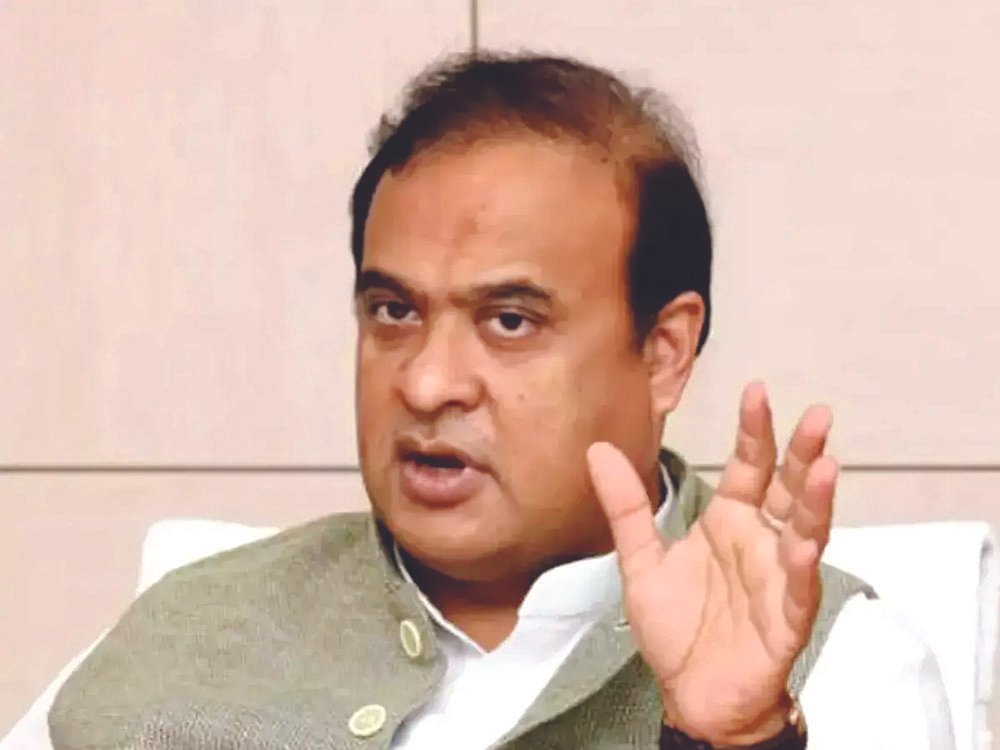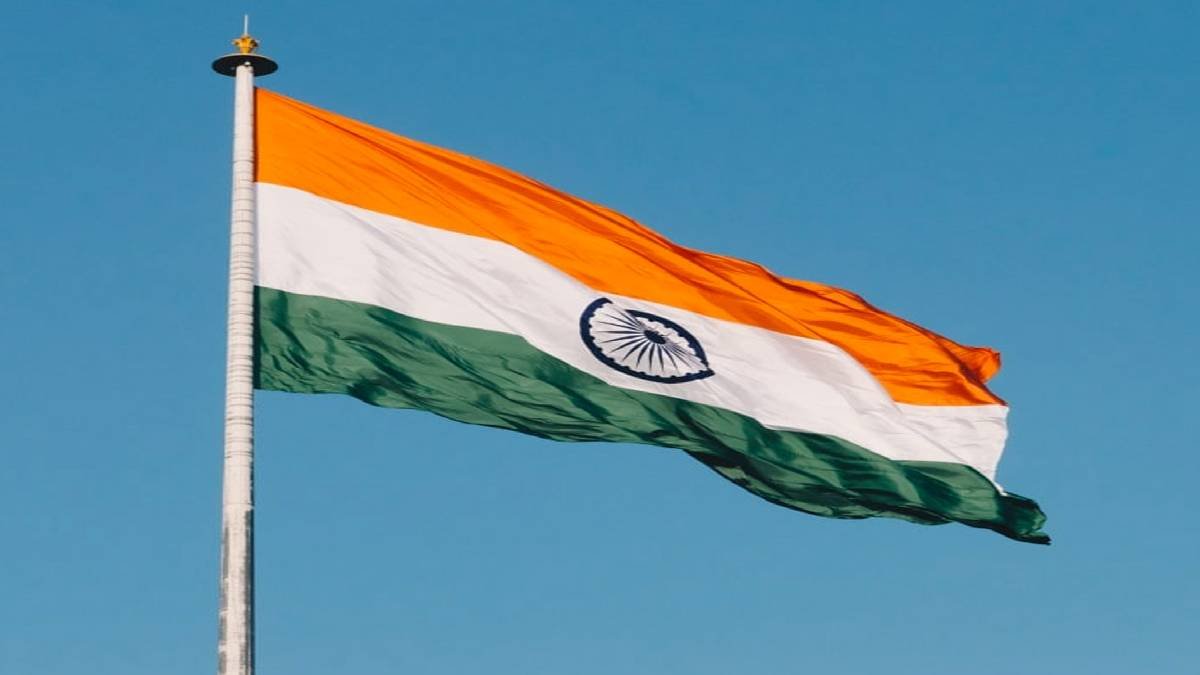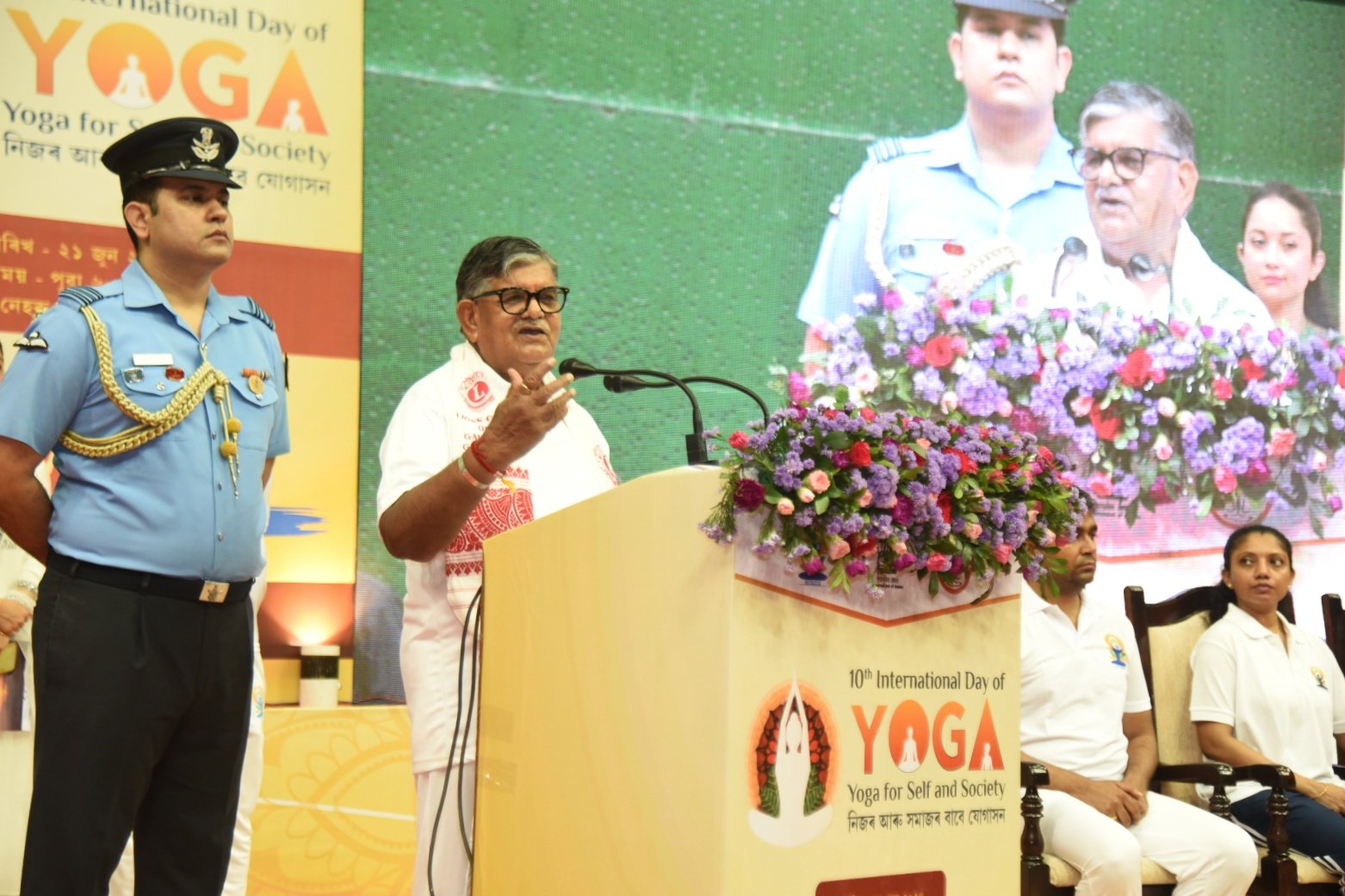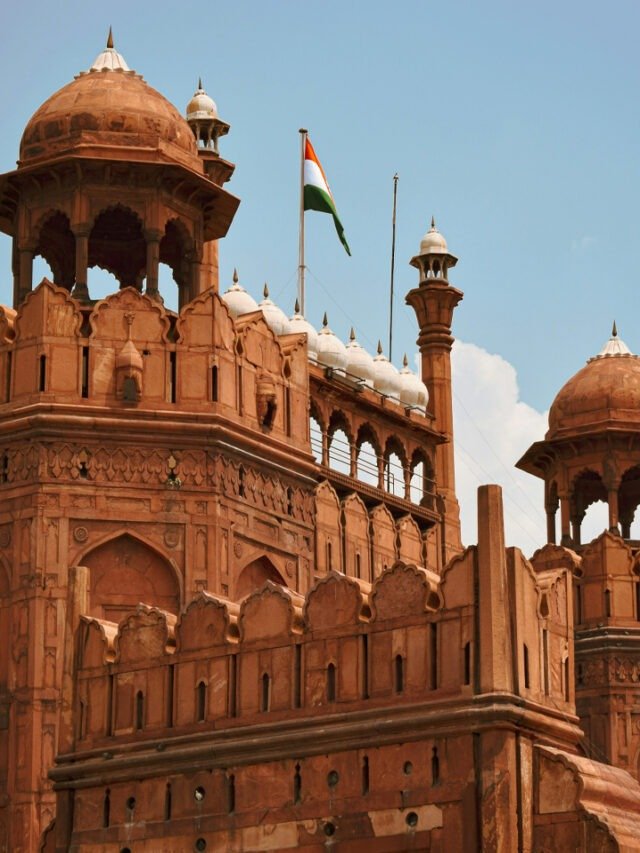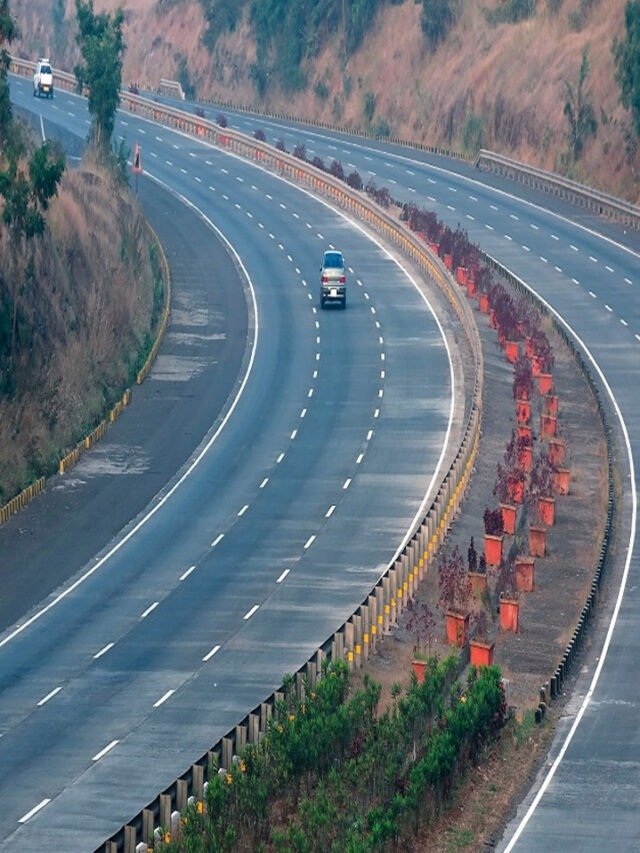HT Bureau
GUWAHATI, Aug 5: Chief Minister Himanta Biswa Sarma on Tuesday stated that the 6th schedule areas along with tribal belts and blocks always existed in Assam and these will exist in coming days also.
He told reporters, “There will be no change in the status of the 6th schedule area as well as tribal belts and blocks. All these provisions will continue to exist in the future also and there must be no doubt in that. Tribal belts and blocks have existed since independence and there is no scope of controversy surrounding this system.”
Sarma mentioned that like in Tirap tribal belt and blocks—the state government has ensured land rights for the indigenous people, the same provision was implemented for Moran and Motak people also after consultation with tribal sangha.
“We have been working towards giving land rights to indigenous people living in tribal belts and blocks in Balipara, Dhemaji etc. areas. The tribal sangha has not also opposed our move and I want to make it very clear that the state government will take steps in Assam through dialogue and consultation,” the Chief Minister added.
Meanwhile, in a poignant tribute to a defining moment in Assam’s history, CM Sarma today announced that construction of a grand memorial dedicated to the martyrs of the Battle of Alabai is currently underway.
The monument will commemorate the 10,000 Ahom soldiers who laid down their lives on August 5, 1669, in a fierce battle against the Mughal forces near the Alabai Hills in North Guwahati.
Calling the battle “one of the most important chapters in the history of Assam,” the Chief Minister took to social media platform X to underline the government’s commitment to preserving the legacy of the Ahom dynasty, which ruled Assam for six centuries and fiercely resisted Mughal expansion.
“Our government has taken steps to build an Alabai memorial in tribute to the 10,000 martyrs, and the work on this monument is now in full swing,” Sarma posted. “We will continue to focus on preserving and dignifying every chapter of Ahom history,” he added.
The Battle of Alabai, though less widely chronicled in mainstream historical narratives, holds immense significance in the collective memory of Assamese people. The proposed memorial is expected to serve not only as a site of remembrance but also as an educational landmark highlighting the region’s valiant resistance to imperial forces.


